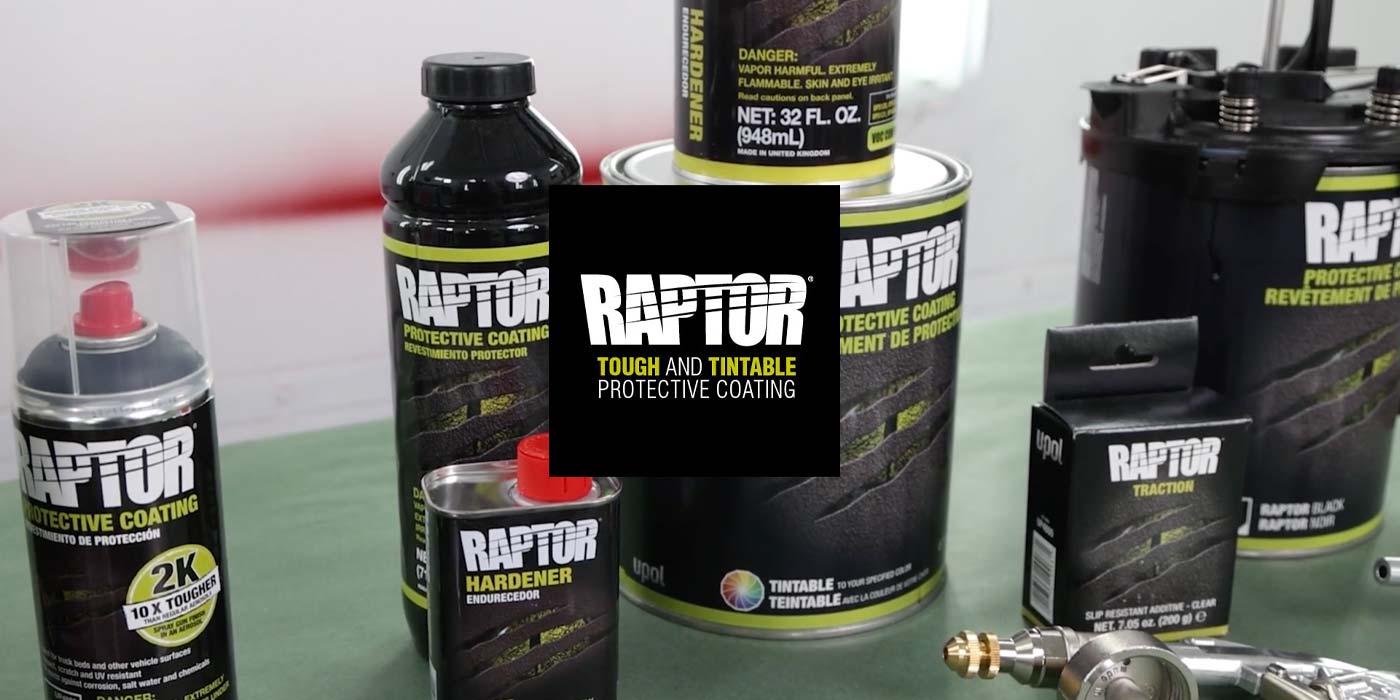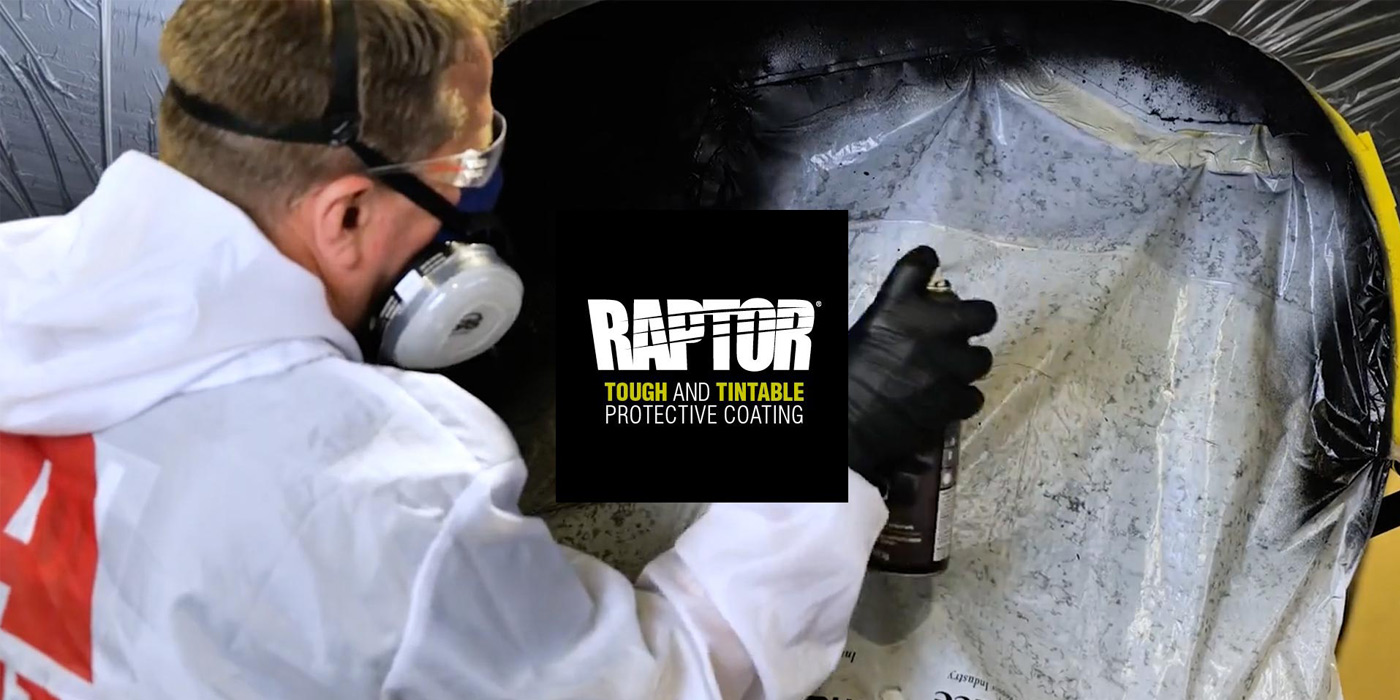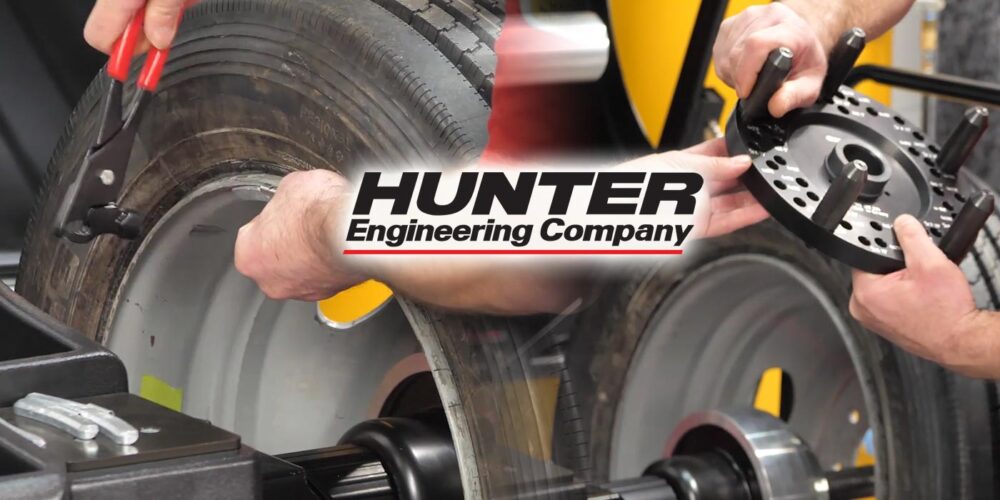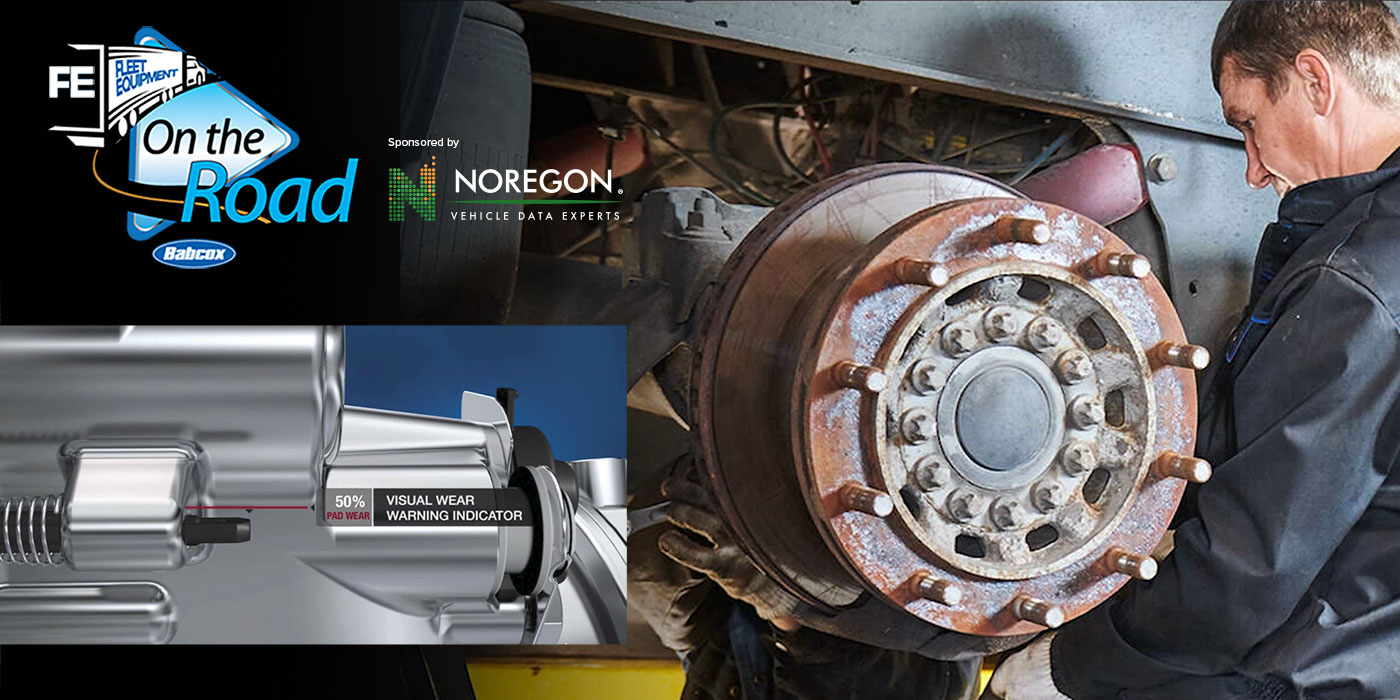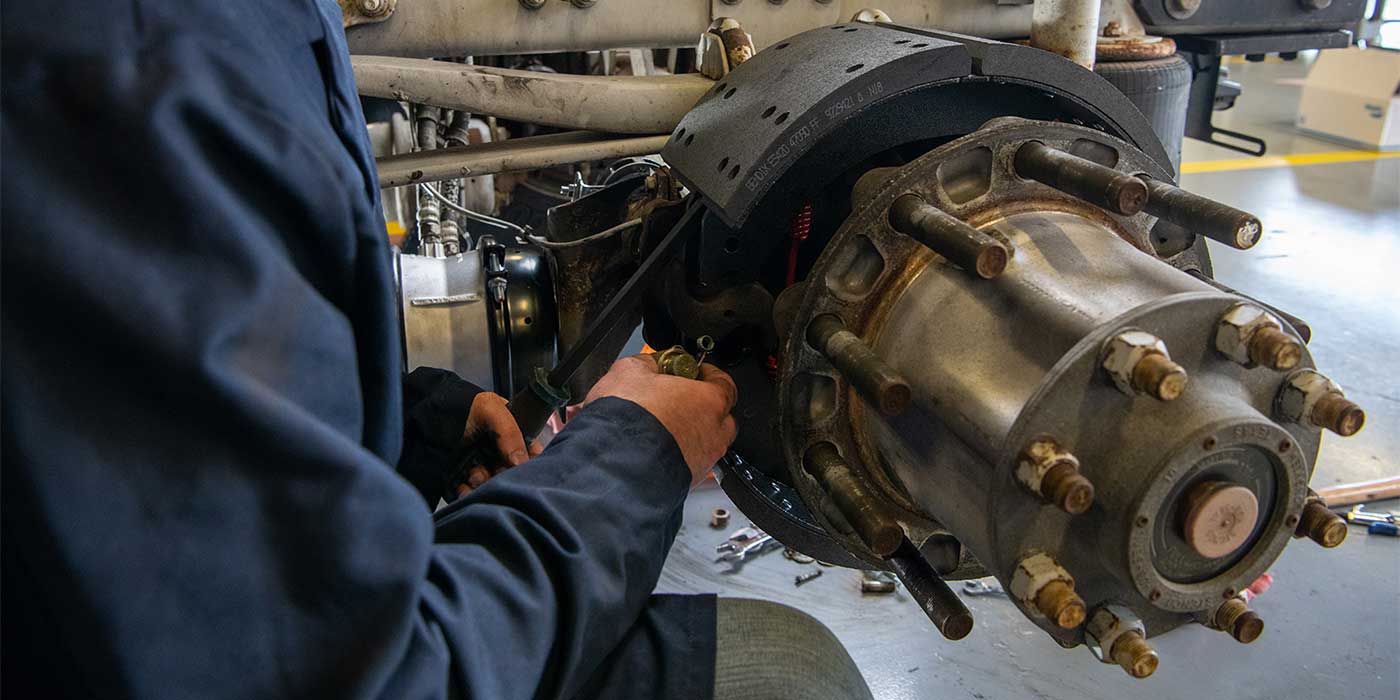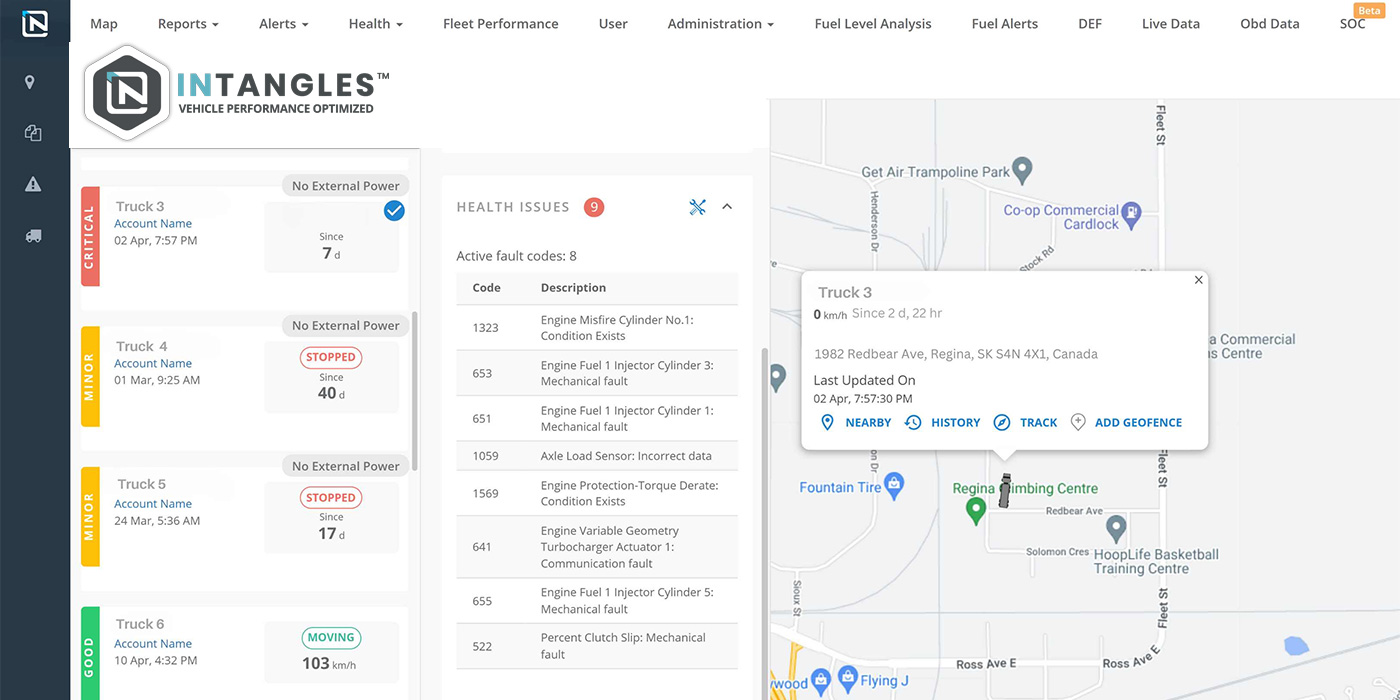Every year as the nights get longer, the leaves start to fall, it gets a little cooler, and, inevitably, we start to talk a lot about preparing your trucks for winter. But that doesn’t mean you get to skip spring truck maintenance! It really is just as important to address the tolls that a season of wild temperature swings and corrosive road chemicals can take on your vehicles, and your brakes in particular.
Click here to watch more of FE’s On the Road video series.
First and foremost, be sure to alert your drivers and technicians that they need to start paying extra attention to your trucks this time of year, both with visual checks and component performance levels. We’re focusing on the brakes today, but show the rest of the truck some love too, yeah?
Winter is particularly hard on all parts of your trucks’ air brake system. Take a look at air dryers mounted on the frame rail and steel air tanks, which have been known to corrode and develop small punctures. Dirt, sand, and road chemicals can mix with water and form residue that can clog and prevent proper operation of these kinds of components.
Now, think about freezing temperatures combined with heat coming off the truck’s engine; you get trapped moisture due to freeze-thaw cycles, and thermal cycling, and humidity; you get metals expanding and contracting, and plastics softening and hardening.
So, inspections should also include looking out for cracking plastics, like in the air-line tubing that connects to the truck’s air system. Air fittings can also be affected by chemicals and temperature cycling.
Behind the wheel, there are other indicators of winter damage to an air brake system. Just because you don’t immediately see or hear any leaks doesn’t mean they’re not there. If you notice that it’s taking double or triple the time to charge the tanks, that’s a sign that your air brake system is probably losing air. The same thing applies if you notice the system charging more often. That means more air is going through the dryer.
Drivers might also notice a general “stickiness” in the feel of the brakes, as if they’re responding more slowly to the push of the brake pedal. This might mean valve seals in the system have had their lubricant degraded through corrosion or de-icing solutions if the air system froze during the winter.
So, if you were in a situation where you had to add anything to the air system, spring is a great time to check for leaks around brake valves where O-rings might have been exposed to these chemicals, or to replace valves that may be sticking internally due to loss of lubrication.
Even the antilock braking system might suffer if winter was harsh enough. Wire harnesses get chipped by gravel or corrode, and once the wires get wet, they can short out. Any wiring on the chassis is at risk here, so be sure to check these as soon as you’re able.
Spend a little extra time addressing issues that winter brought your fleet, and you’ll not only make your fleet safer, but you can reduce downtime and give your drivers an altogether better ride.

